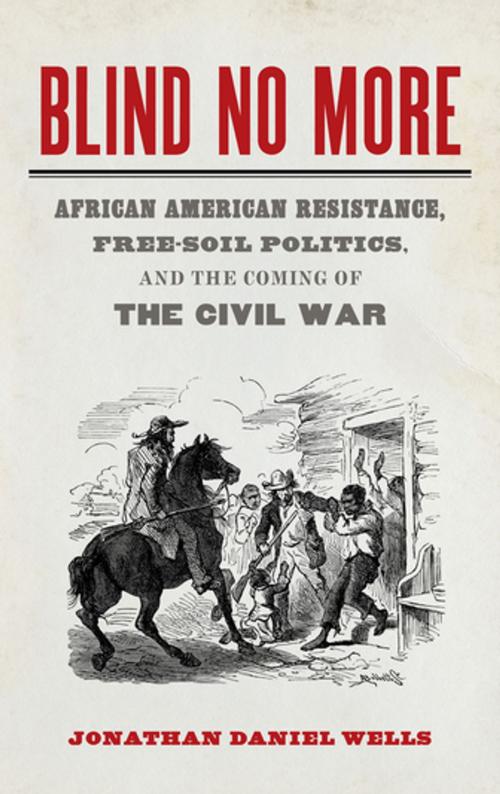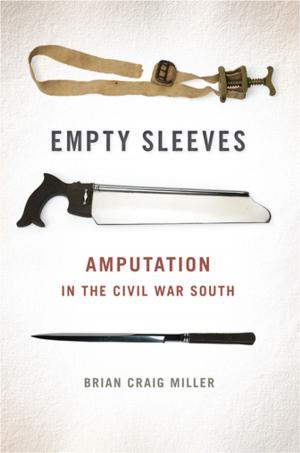Blind No More
African American Resistance, Free-Soil Politics, and the Coming of the Civil War
Nonfiction, Social & Cultural Studies, Social Science, Discrimination & Race Relations, History, Americas, United States, Civil War Period (1850-1877), Military| Author: | Jonathan Daniel Wells | ISBN: | 9780820354842 |
| Publisher: | University of Georgia Press | Publication: | April 15, 2019 |
| Imprint: | University of Georgia Press | Language: | English |
| Author: | Jonathan Daniel Wells |
| ISBN: | 9780820354842 |
| Publisher: | University of Georgia Press |
| Publication: | April 15, 2019 |
| Imprint: | University of Georgia Press |
| Language: | English |
With a fresh interpretation of African American resistance to kidnapping and pre–Civil War political culture, Blind No More sheds new light on the coming of the Civil War by focusing on a neglected truism: the antebellum free states experienced a dramatic ideological shift that questioned the value of the Union. Jonathan Daniel Wells explores the cause of disunion as the persistent determination on the part of enslaved people that they would flee bondage no matter the risks. By protesting against kidnappings and fugitive slave renditions, they brought slavery to the doorstep of the free states, forcing those states to recognize the meaning of freedom and the meaning of states’ rights in the face of a federal government equally determined to keep standing its divided house.
Through these actions, African Americans helped northerners and westerners question whether the constitutional compact was still worth upholding, a reevaluation of the republican experiment that would ultimately lead not just to Civil War but to the Thirteenth Amendment, ending slavery. Wells contends that the real story of American freedom lay not with the Confederate rebels nor even with the Union army but instead rests with the tens of thousands of self-emancipated men and women who demonstrated to the Founders, and to succeeding generations of Americans, the value of liberty.
With a fresh interpretation of African American resistance to kidnapping and pre–Civil War political culture, Blind No More sheds new light on the coming of the Civil War by focusing on a neglected truism: the antebellum free states experienced a dramatic ideological shift that questioned the value of the Union. Jonathan Daniel Wells explores the cause of disunion as the persistent determination on the part of enslaved people that they would flee bondage no matter the risks. By protesting against kidnappings and fugitive slave renditions, they brought slavery to the doorstep of the free states, forcing those states to recognize the meaning of freedom and the meaning of states’ rights in the face of a federal government equally determined to keep standing its divided house.
Through these actions, African Americans helped northerners and westerners question whether the constitutional compact was still worth upholding, a reevaluation of the republican experiment that would ultimately lead not just to Civil War but to the Thirteenth Amendment, ending slavery. Wells contends that the real story of American freedom lay not with the Confederate rebels nor even with the Union army but instead rests with the tens of thousands of self-emancipated men and women who demonstrated to the Founders, and to succeeding generations of Americans, the value of liberty.















